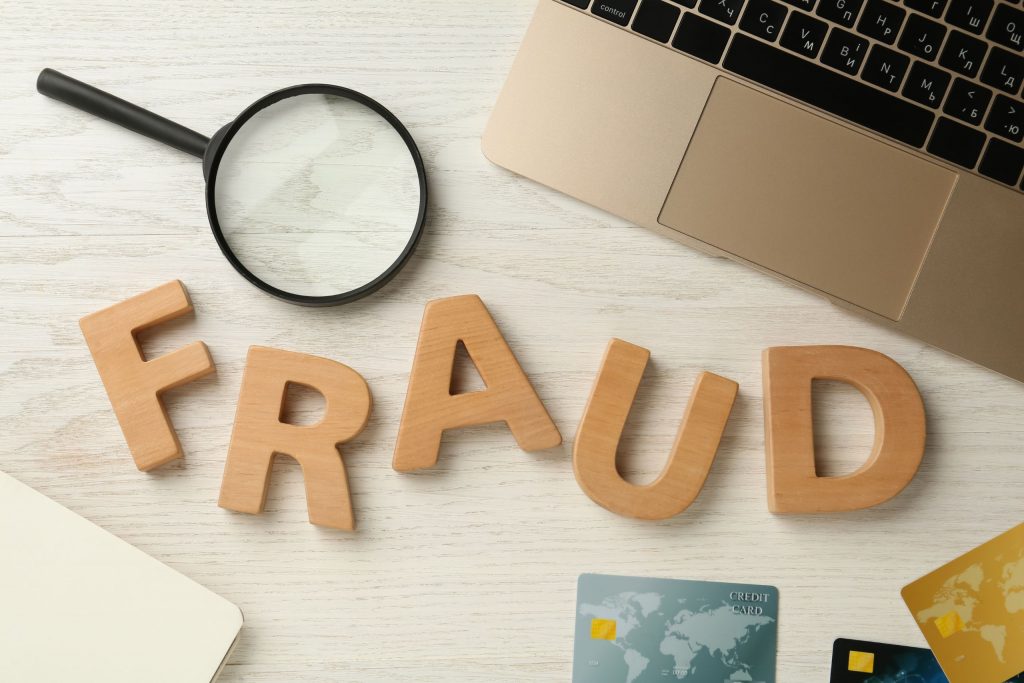
Fighting Online Fraud With Dark Web Search Engines
Online fraud now causes increasing worry for people as well as companies. This developing problem damages confidence in digital transactions and causes large financial losses. Effective defenses are very vital as cybercrime becoming more advanced.
Emerging as useful weapons in the battle against online fraud are dark web search engines. These search engines let law enforcement and security experts find illegal activity and monitor bogus schemes by indexing data from the dark web. They provide information on new risks, therefore enabling companies to proactively defend their clients and themselves.
Using dark web search engines’ potential can help to improve cybersecurity initiatives and create a safer online space. Those who keep ahead of dishonest behavior will be able to keep financial stability and reputation intact for both people and companies. Readers of this paper will investigate how these creative technologies could help to fight online fraud.
Identifying Fraudulent Activities
Identification of bogus activity primarily depends on a dark web search engine. Examining forums and hidden markets, these instruments might find possible hazards like the selling of stolen data, fake products, and illegal services. On the dark web, common types of dishonest behavior seen include credit card fraud, identity theft, and virus dissemination.
By tracking these operations, companies can guard their assets and proactively solve weaknesses. Early discovery is essential as it may greatly reduce financial losses and harm to reputation. Businesses that can see such hazards before they become more aggressive might put preventative action to protect private data and keep customer confidence.
Moreover, dark web search engines provide information on new trends and strategies used by hackers, therefore helping companies to keep ahead of changing risks. Using these technologies can help businesses strengthen their defensive plans and improve their whole security posture, therefore creating a safer online environment for all those engaged.

Tracking Stolen Data
Tracking stolen data depends critically on dark web search engines, which also provide insightful analysis of personal and financial data possibly compromised. Scanning the dark web for hacked data helps people and companies to proactively monitor their data, therefore allowing quick response to minimize any damage.
Especially, keeping an eye on dark web activity helps users to find out if sensitive data or passwords they own have been sold or shared illegally. For example, well-publicized data leaks as those from Equifax and Yahoo have exposed personal data widely. Many have acted fast after dark web searches identified similar breaches, resetting passwords and locking accounts.
Moreover, dark web data is used by businesses like Have I Been Pwned to notify consumers if their email addresses match previous breaches, therefore fostering increased security awareness. Tracking stolen data via dark web search engines helps to develop personal data security plans and builds resistance against identity theft overall.
Preventing Identity Theft
Dark web search engines let people and businesses find compromised personal data, therefore helping to avoid identity theft. These search engines look for secret areas of the internet where credit card information and social security numbers—among other stolen data—are routinely sold.
The search engine may show if a user’s personal information has been exposed as they enter it, therefore allowing prompt action to be done. By use of this proactive identification method, people may identify possible hazards before they become full-fledged identity theft.
More benefits from active monitoring than just awareness. Frequent dark web searches help consumers to be proactive in terms of password changes, financial institution notifying, or participation in an identity theft protection program. Knowing their digital trail helps users to significantly reduce their risk of unlawful access and money loss. Dark web search engines protect personal information from potential use, therefore offering security and peace of mind.
Securing Financial Transactions
Dark web search engines uncover possible risks connected to fraudulent behavior, therefore improving the security of financial transactions. They let cybersecurity teams and financial organizations access credit card data, bank accounts, and personal identity that has been pilfers. Monitoring these dark web sites helps companies to rapidly identify patterns in fraudulent behavior, therefore enabling proactive protection of their consumers.
Protecting online financial transactions depends mostly on dark web surveillance. It enables organizations to identify if client data has been hacked, thereby allowing them to act before any financial damage results. Strong security policies—such as warnings and transaction verifications—which significantly reduce the danger of fraud by means of continuous observation—may be applied by organizations.
Together, dark web search engines and monitoring tools increase the security of financial transactions, therefore ensuring a safer online environment for businesses and consumers equally. This proactive approach of hazard identification and reduction not only enhances the overall integrity of financial systems but also builds trust.
Working with Law Enforcement
Improving public safety and stopping cybercrime depend on law enforcement working with cybersecurity professionals. Combining their knowledge will help these two industries efficiently monitor and reduce hazards.
Law enforcement authorities would much benefit from information gathered from dark web search engines. Many times, these sites provide insights into criminal organizations and house illicit activity. Dark web data analysis allows cybersecurity experts to see patterns, possible dangers, and hostile actor activity. This knowledge helps law enforcement create focused plans to fight cyberscrime.
One successful example of this sort of collaboration is Operation Disarray, when dark web research-generated data lets cybersecurity firms assist law enforcement in eradicating a ransomware cell. Another well-known example was a combined task force spreading threat data to forestall significant credit card theft, which produced many arrests and a demonstrable drop in fraud rates.
Law enforcement officials and cybersecurity experts demonstrate the value of collaboration in protecting society from cyberattacks by motivating a proactive attitude to securing individuals and companies.

Conclusion
Dark web search engines expose possible risks and provide insights on illegal activity, therefore helping to fight online fraud. Businesses and people may find stolen data, dubious transactions, and developing fraud tendencies by monitoring the dark web before they become serious problems. Their security posture is strengthened and general digital safety is improved by this proactive attitude. Dark web monitoring is very important as it helps companies properly protect private data and reduce dangers. Moreover, using these instruments helps stakeholders to remain aware of such weaknesses, therefore enabling them to apply quick remedies. Everyone trying to improve security and fight the rising menace of online fraud must first embrace dark web search engines.

